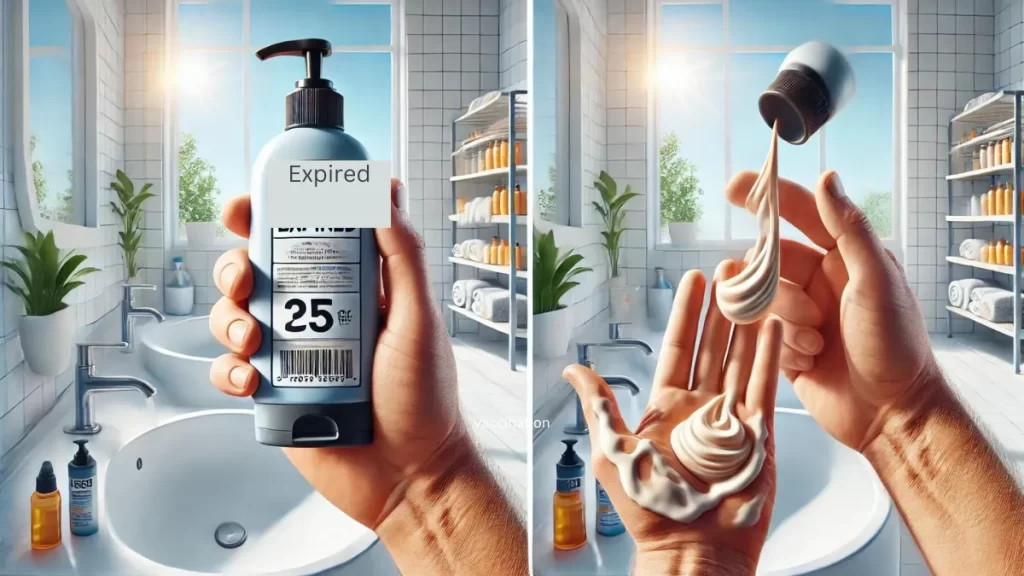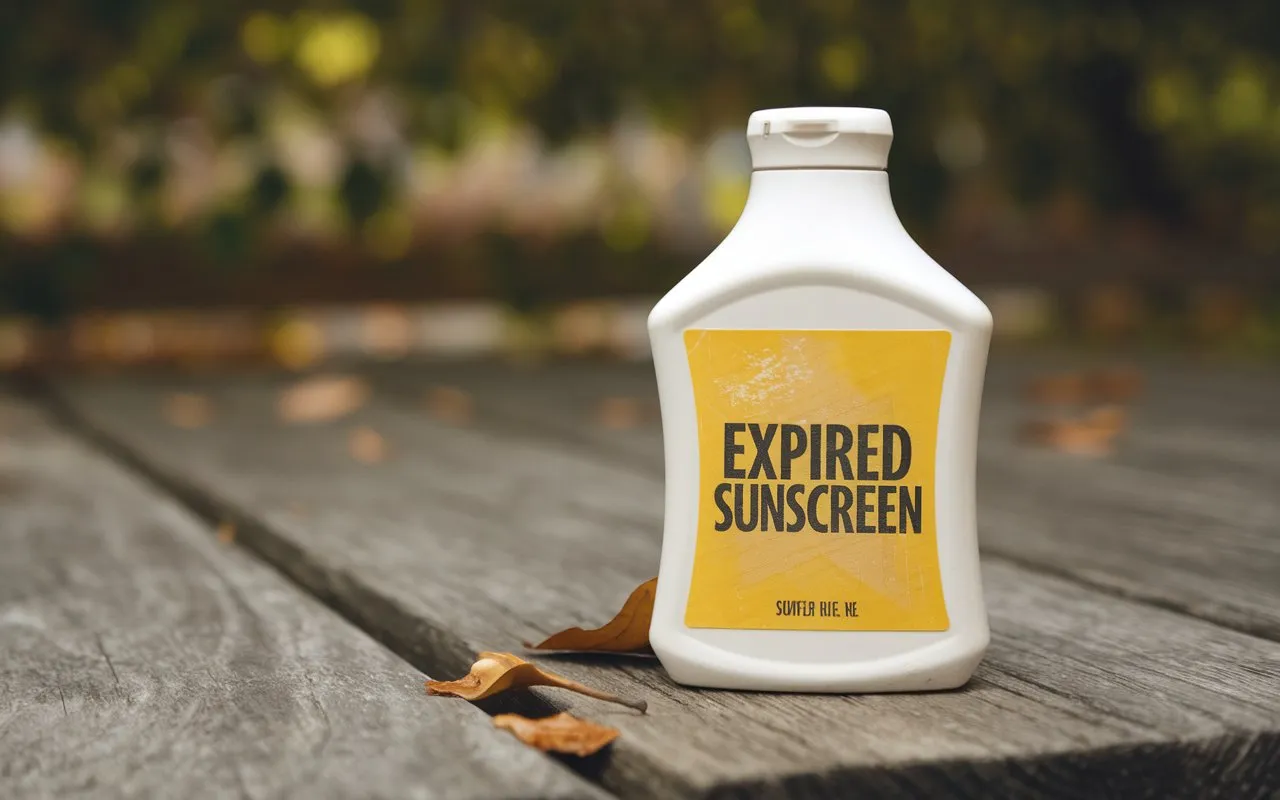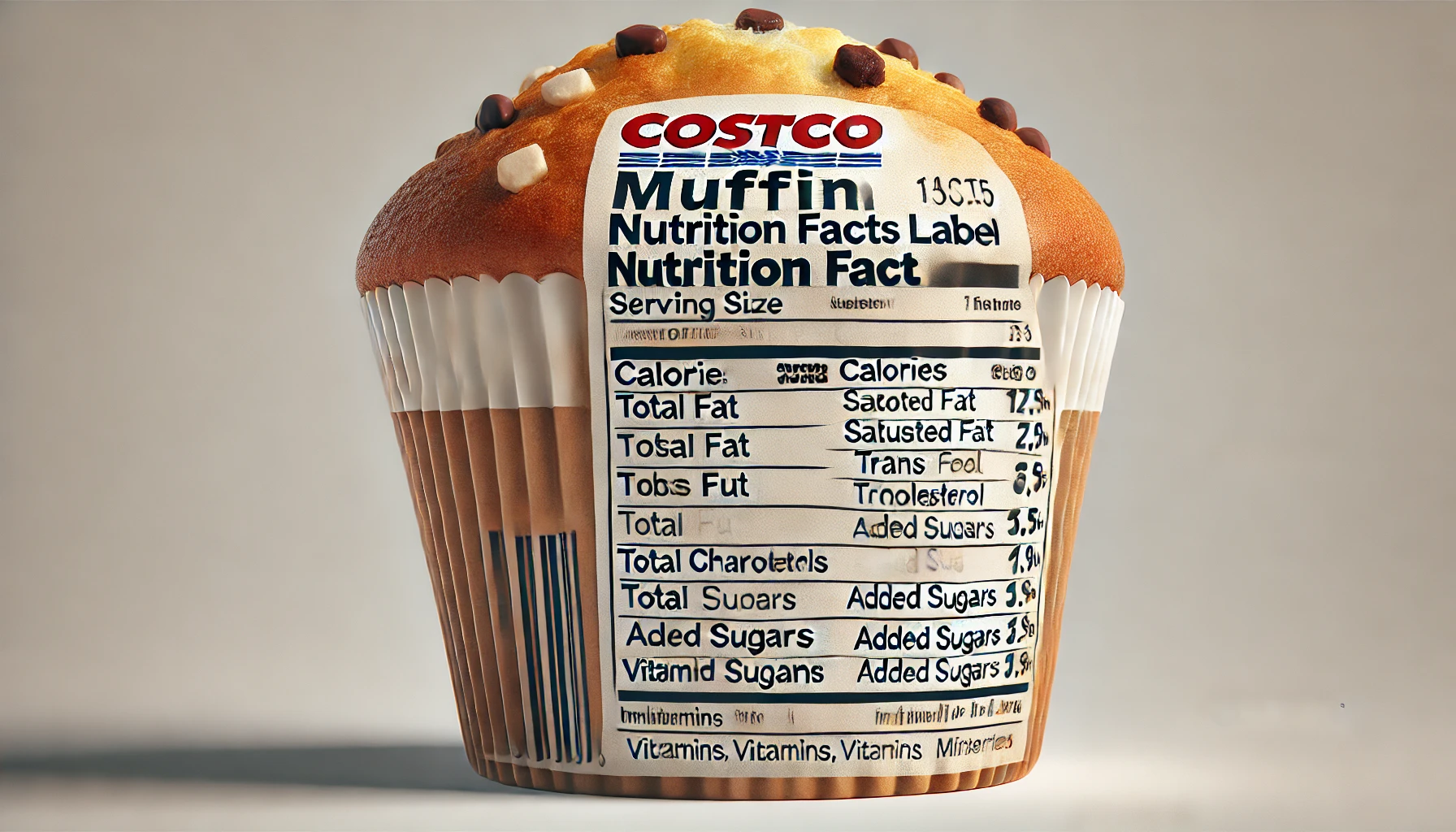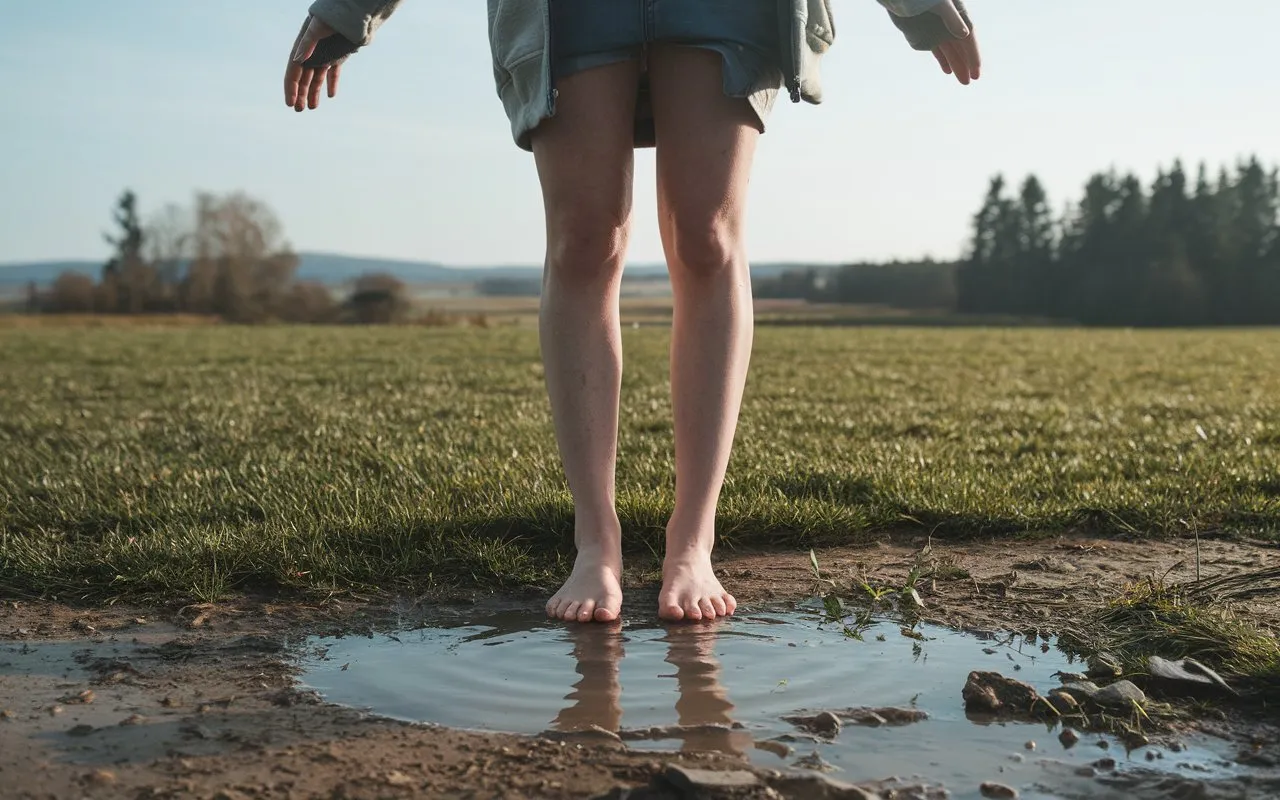Table of Contents
Your skin is being saved from damaging UV rays by sunscreen, but what happens when it runs out? Can you use expired sunscreen? The shocking truth might surprise you. In this article, we’ll explore whether expired sunscreen still works, if it can harm your skin, and the latest updates on handling expired sunscreen safely.
What Happens When Sunscreen Expires?
Sunscreen products come with an expiration date, just like food and medicine. What does that entail for your skin, though? When sunscreen expires, its effectiveness declines. The components that protect your skin from sunlight, like zinc oxide or titanium dioxide, can break down over time. As a result, expired sunscreen may no longer protect you from sunburn or long-term skin damage.
Can You Use Expired Sunscreen for Basic Protection?
Can you use expired sunscreen for essential sun protection? While the answer might be yes, it’s sometimes a risky choice. Expired sunscreen may offer little security, but it’s likely less effective. This can leave you exposed to dangerous UV rays, which can cause burns, premature aging, and even skin cancer.
Why Does Sunscreen Expire?
Understanding why sunscreen expires can help you avoid risks. Sunscreen is made from chemical ingredients that deteriorate over time. Heat, sunlight, and air exposure can cause the ingredients to break down faster, reducing the product’s effectiveness. As sunscreen degrades, it loses its ability to form a protective barrier on your skin.
Can You Use Expired Sunscreen?: Risks of Using Expired Sunscreen
Can Expired Sunscreen Cause Skin Irritation?
You might wonder if you can use expired sunscreen if it’s the only option. Using expired sunscreen could lead to more than just poor sun protection. It may also result in allergies or skin discomfort. As the ingredients break down, they may interact differently with your skin, causing redness, itching, or even a rash. For sensitive skin, this risk is even higher.
Increased Risk of Sunburn and Skin Damage
One of the most critical risks is the increased chance of sunburn. Without the full strength of your sunscreen, Your skin is more susceptible to the sun’s damaging UV rays. This means that you might still get burned even if you apply sunscreen. Long-term exposure to UV rays without proper protection increases your risk of developing skin cancer.
Can You Use Expired Sunscreen? How to Check If Sunscreen Is Expired
The Expiration Date
The easiest way to determine whether sunscreen has gone wrong is to check the expiration date displayed on the bottle. Most sunscreens are only good for three years. If your sunscreen is past this date, it’s best to toss it.
Changes in Texture, Smell, and Color
Even if the expiration date hasn’t passed, other signs can tell you if your sunscreen has gone wrong. If the texture feels grainy or separated, or if the sunscreen has an unusual smell, these are indicators that it’s no longer effective. A color change is another red flag. It’s best to stop using the product if any changes occur.

What Should You Do With Expired Sunscreen?
Safe Disposal Methods
You may be wondering if you can use expired sunscreen for other purposes. While expired sunscreen isn’t good for protecting your skin, it’s unsafe to throw away anywhere. Sunscreen contains chemicals that can harm the environment, especially if it ends up in water systems. The best way to dispose of expired sunscreen is to follow your local hazardous waste guidelines. Additionally, you can search for local recycling services that take in cosmetic goods.
Using Expired Sunscreen for Moisturizing
Though expired sunscreen may no longer offer UV protection, some ask if it can still be used as a moisturizer. This is not recommended. Once the product starts to break down, its moisturizing benefits might be diminished, and it could cause irritation or other skin problems. Investing in a separate moisturizer rather than using expired sunscreen is best.
How to Prevent Sunscreen From Expiring Prematurely
Proper Storage Tips
One of the easiest ways to prevent sunscreen from expiring prematurely is by storing it correctly. Sunscreen should be stored out of direct sunlight in an excellent, dry location. Avoid leaving it in hot areas like a car, as high temperatures can speed up the degradation of the product. Proper storage can help your sunscreen last longer and stay effective for as long as feasible.
Buying the Right Amount
To avoid using expired sunscreen, buying only what you need is essential. A general rule of thumb is that an average bottle of sunscreen should last a few months if you’re using it regularly. If you have too much sunscreen left over, you might not apply enough. Reapplying sunscreen is advised every two hours, particularly after sweating or swimming.
Also Read: Can You Leave Debrox in Your Ear Overnight? Discover Truth
Can You Use Expired Sunscreen in an Emergency?

Expired Sunscreen for Short-Term Use
Can you use expired sunscreen for short-term protection in a pinch? Expired sunscreen may be better than nothing if you have no other option. However, this should only be a last resort. Using fresh sunscreen to protect your skin is far more effective.
Alternatives to Expired Sunscreen
If you find yourself without sunscreen and your only option is an expired bottle, consider other ways to protect your skin. Wearing a hat, sunglasses, and long sleeves can help shield you from harmful UV rays. Don’t go under the sun between 10 AM and 4 PM, when sun exposure is usually at its highest, and staying in the shade will help you reduce your risk of getting burnt.
So, can you use expired sunscreen? While the answer is technically yes, it’s not a good idea. Expired sunscreen loses effectiveness, putting you at risk for sunburn, skin irritation, and long-term damage like skin cancer. To keep your skin safe, always check the expiration date, store your sunscreen correctly, and replace it when needed. By following these guidelines, you can ensure you’re fully protected when you enter the sun.




